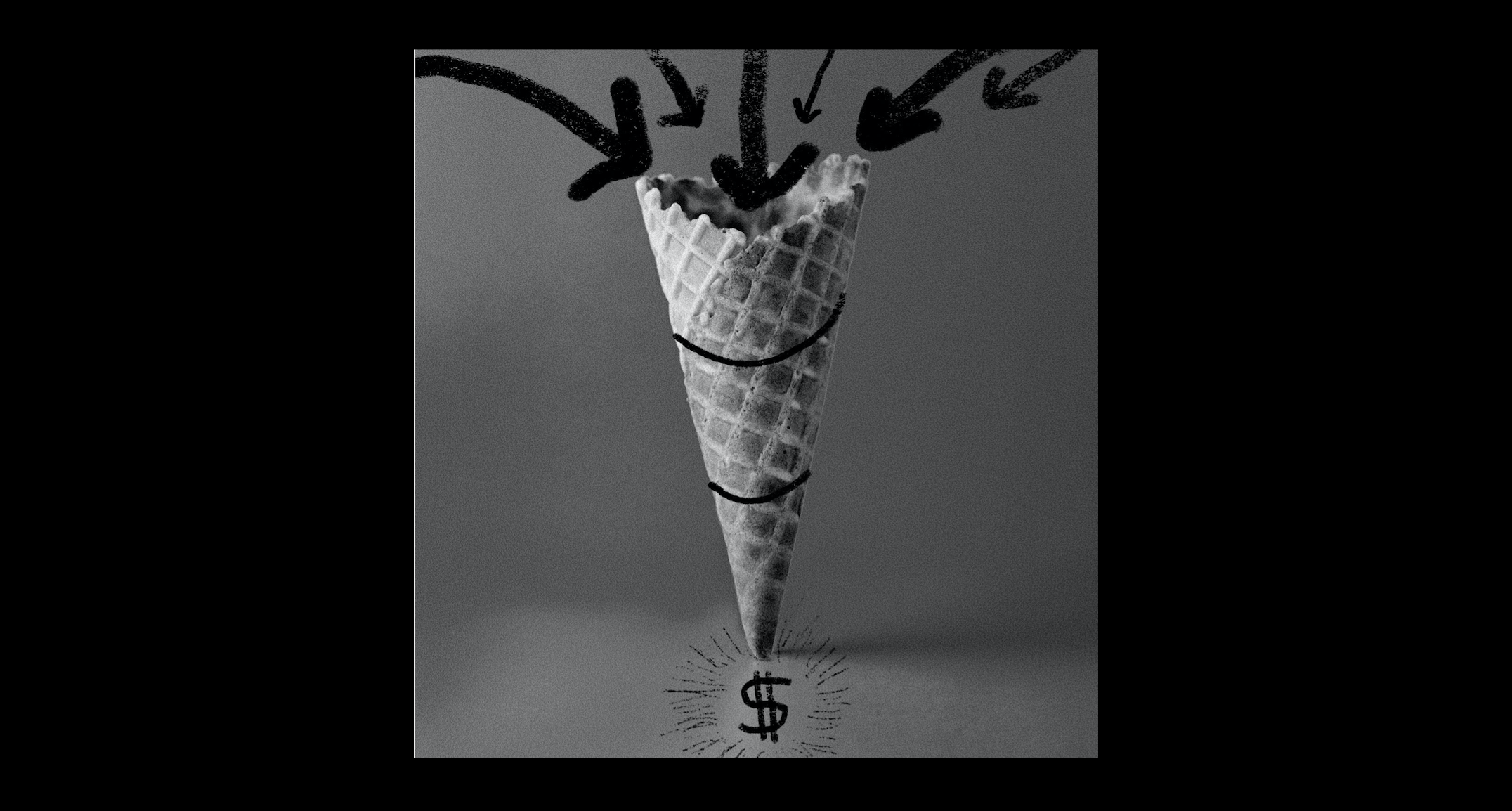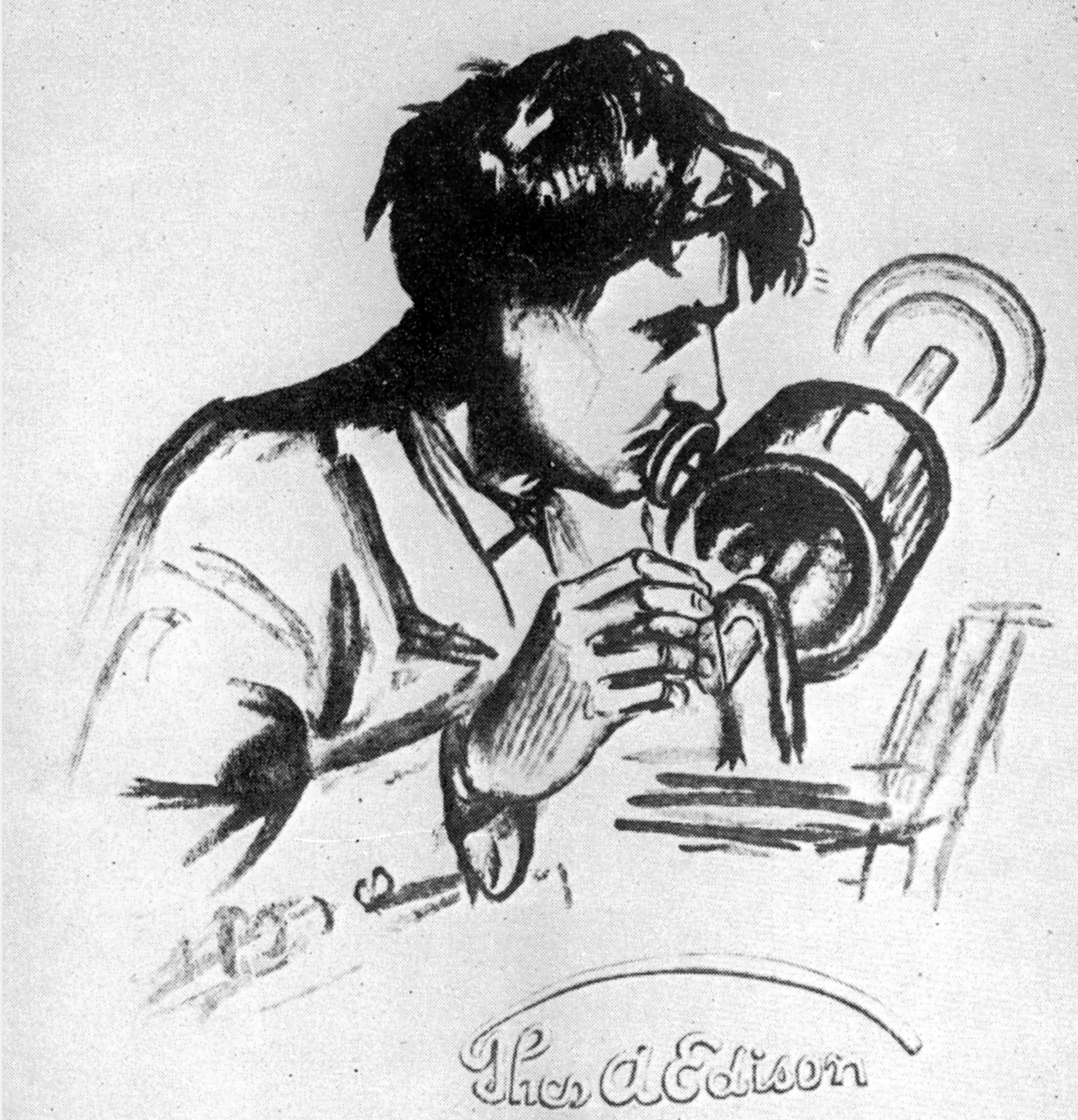
Saved by sari
A New Funnel for Music

Saved by sari

sari added
sari added
Sixian added
sari added

sari added

sari and added
sari added
aggregation is convenient for consumers, bad for the long tail of creators.
first time I hear the term “stratification at scale” - seems to suggest we can avoid flattening by building platforms that cater to different segments and preferences. (ie Sublime can be the platform for creative thinkers)